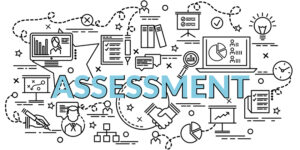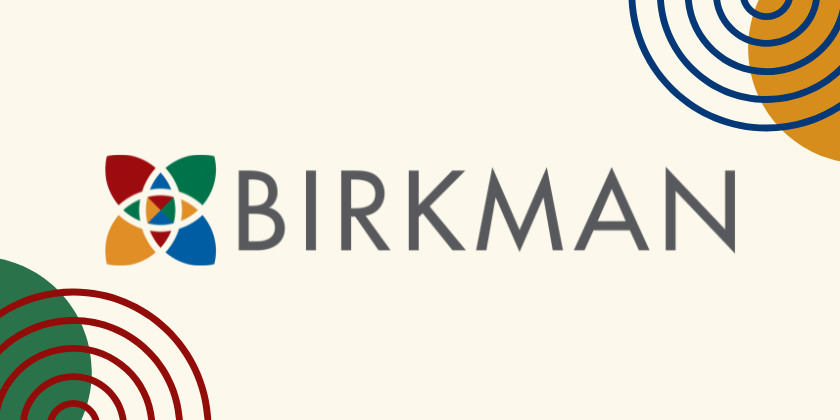
By detailing individuals’ traits and motivations, assessments can equip teams to play to their strengths.
Wouldn’t it be nice if people came with a playbook? A way to understand their individual traits, preferences and motivations? A guide that helped us communicate and collaborate more effectively and productively? Assessments can provide that kind of insight.
Not only for individuals
Assessments are most often used to help individuals in their professional and personal development by raising their self-awareness and giving them insights into their traits and motivations.
But assessments can also be a powerful team development tool. They can enable teams to work together more productively and achieve higher levels of performance.
What assessments do
There are numerous assessments on the market. We’ll focus on two because we find them particularly effective.
- Keirsey assessments uncover a person’s temperament—their pattern of thinking that guides their actions—in four categories: Guardians, Artisans, Idealists, Rationals.
- Birkman Method is a five-factor psychology assessment (measuring Openness, Conscientiousness, Extraversion, Agreeableness and Neuroticism) used to uncover individuals’ interests, needs, usual behavior and stress behavior. It also helps people understand how they are perceived by others, which is so important in building and managing productive relationships.
In a team context, knowing teammates’ temperaments and behaviors enables more effective communication—the root of team success.
A real-life example
For our own five-member team, we completed Keirsey and Birkman Method assessments as a team. The detailed assessment reports help us understand how our styles and needs differ, so we can work together more productively, even when we are stressed.
For example, this snippet of a Birkman Method report shows a sampling of the insights provided for two of our team members who work closely together. (Names changed for privacy.)


Having this deeper insight into team members can be extremely helpful for teams at all stages and levels of performance:
- New teams can get up to speed faster
- Established teams can reach higher levels of understanding and productivity
- Struggling teams can stop wondering “what can we do?” and gain concrete tools to achieve a turnaround
Intriguing, right? We’d love to tell you more about the science behind these assessments and how they can be such powerful, team-building assets.
How could your teams benefit from assessment-driven insights?



